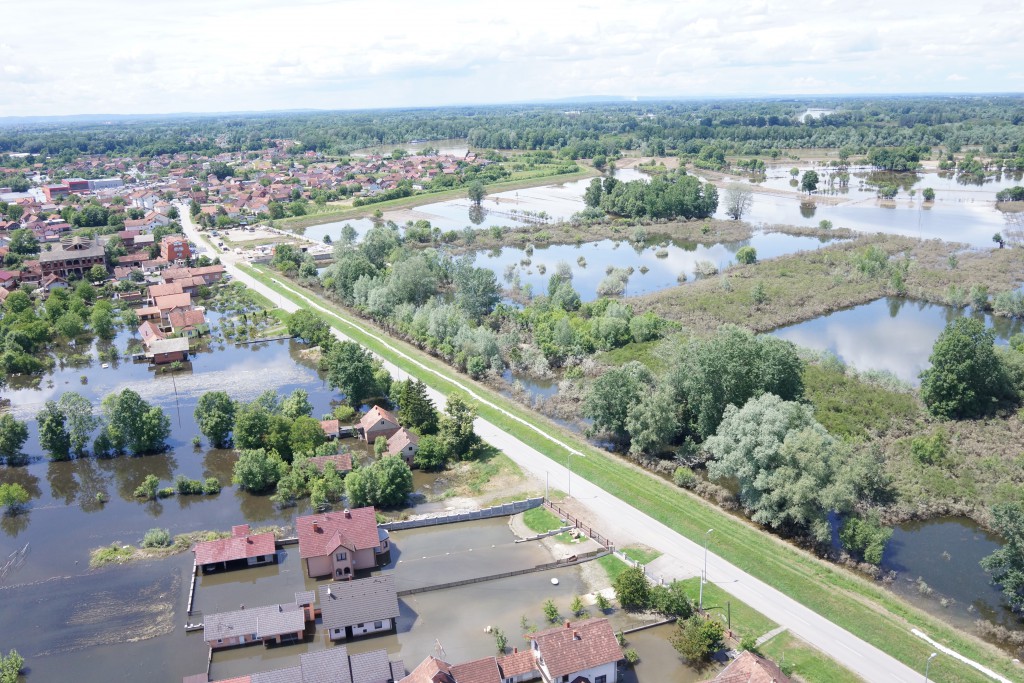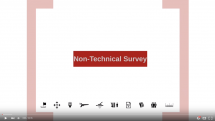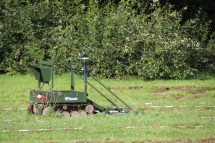TIRAMISU partners spearhead new project on "Mine Action after the Floods"
Three of the partners of the TIRAMISU project (Croatian Mine Action Centre for testing, the faculty of Geodesy at the University of Zagreb and the Royal Military Academy of Belgium) are taking part in a new demining initiative, following severe natural disasters in Bosnia and Herzegovina in 2014.
A workshop marking the launch of a new project, "Mine Action after the Floods - Regional Synergy, Technology Development and Capacity Building", was held in Sarajevo, Bosnia and Herzegovina, on the 15th and 16th of September 2014. The project aims to select and deploy advanced scientific methods and technologies in order to assess the devastating impact of natural disasters on mine-affected areas and to develop models for the spatial assessment of sites that may have become contaminated with displaced mines following such extreme weather conditions. The project will also foster cooperation between the scientific community and regional actors by establishing and validating recommendations and Standard Operating Procedures (SOPs) amongst Mine Action stakeholders.
The floods and landslides that hit Bosnia and Herzegovina in May 2014 caused the displacement of explosive devices to areas that had previously been declared safe, after the end of the conflict in 1995. The workshop provided an opportunity to present the project to donors, partners, associates and the media, and was also open to the general public. An overview of the project’s goals, concept, implementation plan and preliminary activities was presented.
Three of the TIRAMISU consortium partners are participating in the initiative, including the Croatian Mine Action Centre for testing, development and training (CTRO), who is coordinating the project, the faculty of Geodesy at the University of Zagreb (FGUNIZ) and the Royal Military Academy of Belgium (RMA).
The three organisations are working together to support the Bosnian, Croatian and Serbian Mine Action Centres by performing aerial surveys that can identify the presence of mines. CTRO, FGUNIZ and RMA will also support the Mine Action Centres in other aspects of their work, including efforts to establish a regional information network for Mine Action that can provide relevant information after a natural disaster has occurred.
According to the Bosnia and Herzegovina Mine Action Centre (BHMAC), the nation is still one of the most heavily mine-contaminated countries in South-Eastern Europe. The Mine Action community is aiming to clear the country of all mines by the year 2019.




